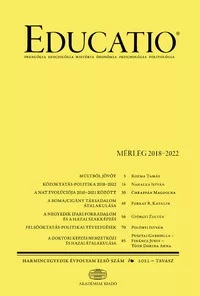A túlélő szervezet
OECD: A Case of Organisational Survival
Author(s): Tamás KozmaSubject(s): Supranational / Global Economy
Published by: Akadémiai Kiadó
Keywords: organisational survival; globalisation; OECD; Central and Eastern Europe
Summary/Abstract: The phenomenon ‘organisational survival’ is known in organisational research. It means that an organisation remains still active even if the need for it does not exist any more. The history of the OECD is an illustration of organisational survival. The emergence of its predecessor (OEEC, 1947), the original function of the 1947-organisation, its crisis (1961), and the hunt for new needs have model values. It is an example of how an international organisation has evolved, integrated into the rapidly globalising world of the end of the twentieth century and how it made itself indispensable. The OECD has developed a narrative based on its self-image and philosophy and carried by a specific ‚OECD-language’. Above all, OECD has produced new needs that only it could meet. The process can be studied in the appearance of the OECD as it moved to Central and Eastern Europe after the political turn of 1989/90.
Journal: Educatio
- Issue Year: 30/2021
- Issue No: 4
- Page Range: 625-637
- Page Count: 13
- Language: Hungarian

